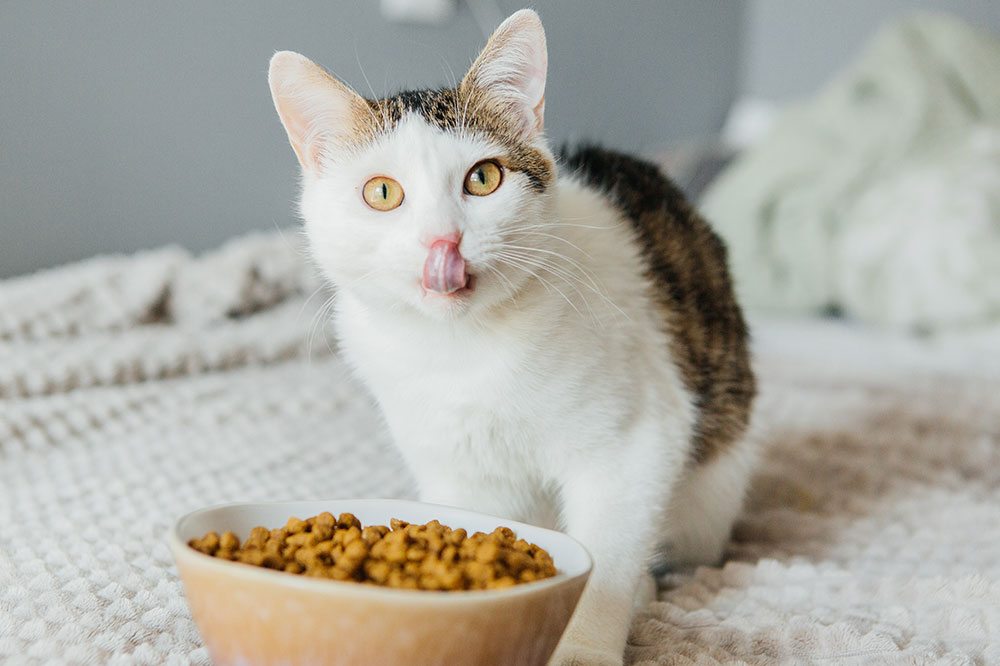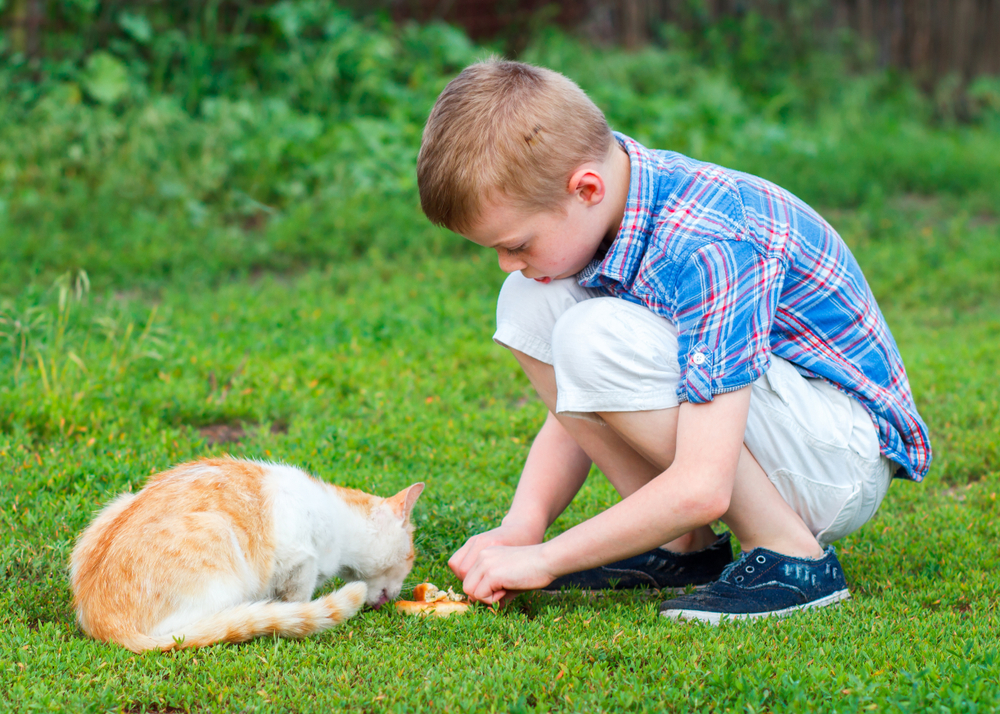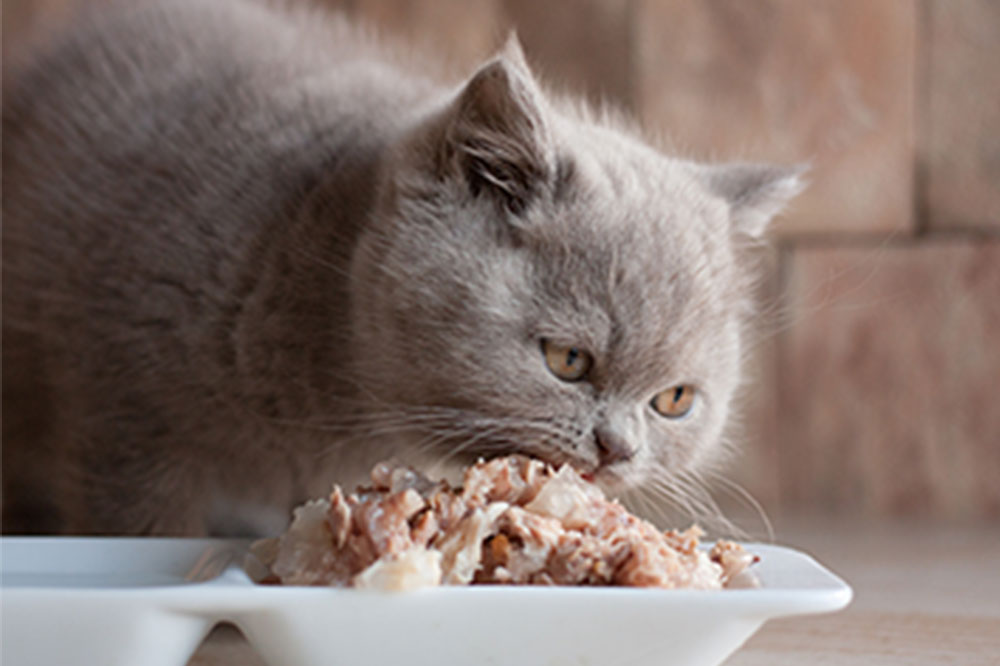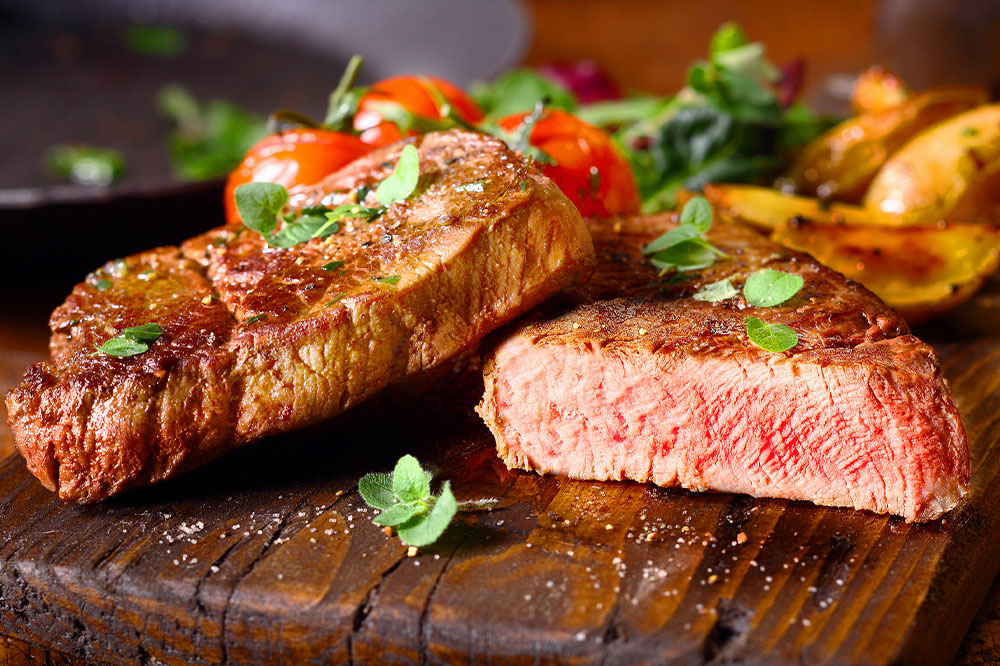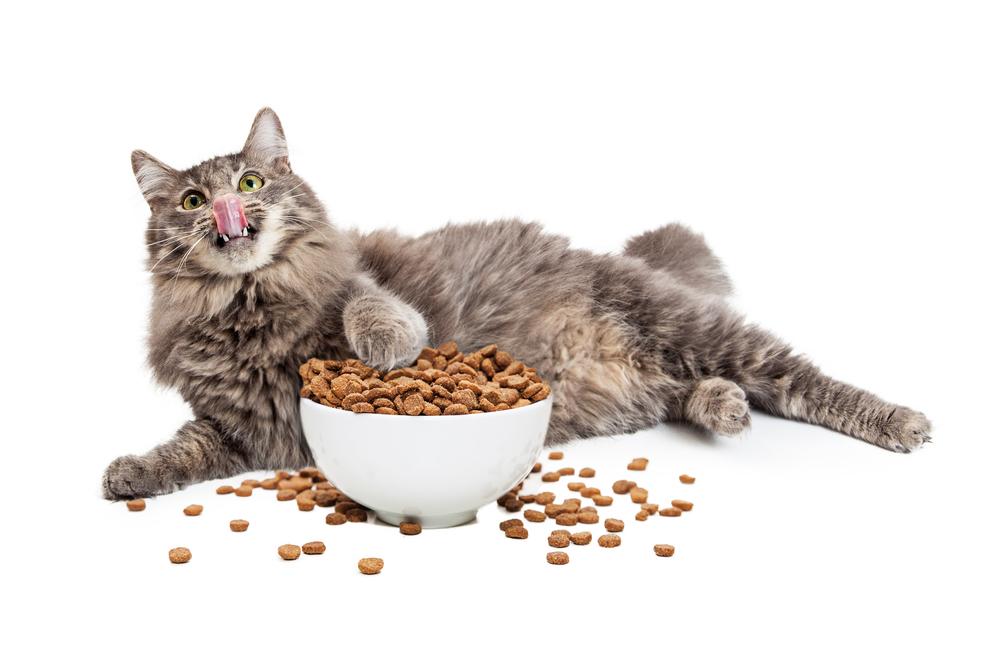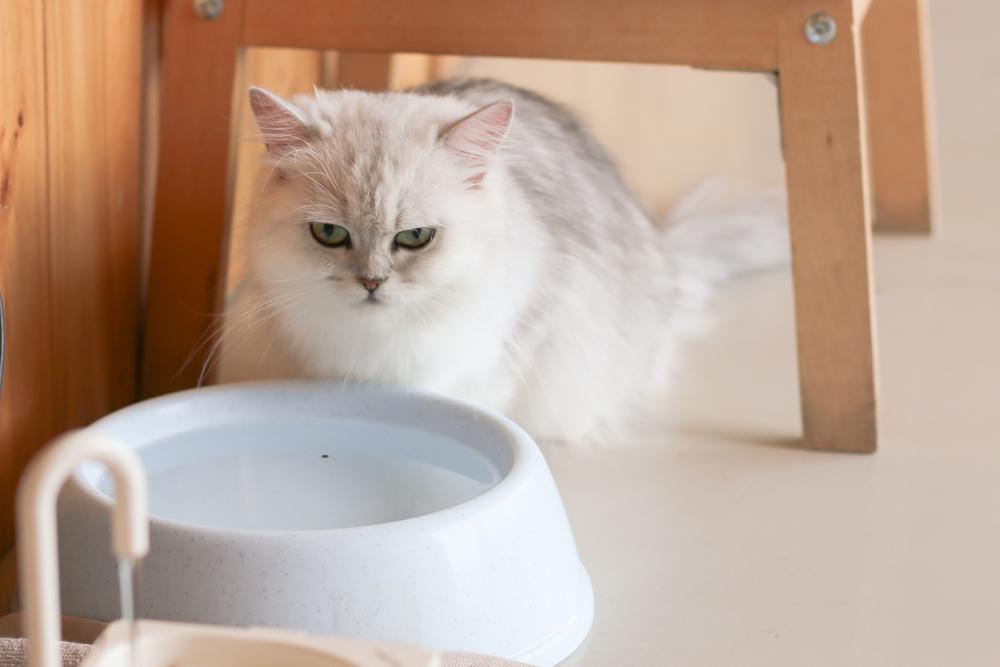Essential Tips for Choosing the Right Cat Food
Discover expert tips for selecting the ideal cat food, including age-specific diets, label reading, and dietary variety. Learn about homemade meal considerations and foods to avoid for maintaining your cat’s health and happiness.
Sponsored
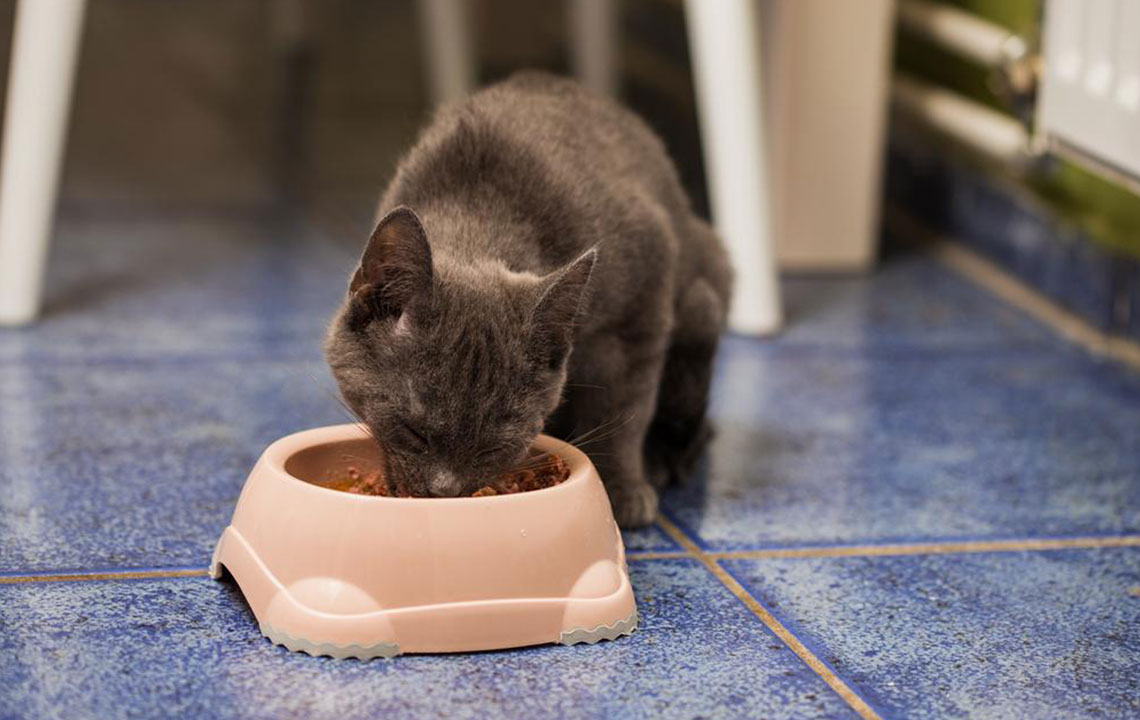
Essential Tips for Selecting the Perfect Cat Food
Ensuring your cat's health starts with proper nutrition tailored to their specific needs. Cats have unique dietary requirements across different life stages. As a responsible pet owner, it’s crucial to select foods that support your feline friend’s well-being. If you've recently brought a cat into your home, here are important points to guide your choice of the right cat food.
Choose age-specific diets – A cat's age influences its nutritional needs. Kittens require diets high in protein and healthy fats to support growth. Adult cats benefit from low-calorie, high-protein foods to prevent weight gain. Senior cats often lead less active lifestyles, so opt for foods with easily digestible proteins and lower fat content to promote health.
Review ingredient labels carefully – Always examine the ingredients list on cat food packaging. Select products that contain quality proteins, vital vitamins, minerals, enzymes, fatty acids, and amino acids. Avoid foods with meat byproducts, excessive fillers like cornmeal, and chemical preservatives such as BHT, BHA, propyl gallate, or ethoxyquin.
Mix it up for variety – Providing a diverse diet prevents boredom and promotes overall nutrition. Incorporate both dry and wet foods, and rotate different flavors and brands. This approach helps ensure your cat receives a broad spectrum of essential nutrients.
Can I prepare homemade meals for my cat?
Homemade cat meals often lack balanced nutrition. Before attempting to cook for your feline, consult a veterinarian. Remember to avoid toxic foods like onions, garlic, chives, milk, grapes, raisins, coffee, tea, sodas, raw eggs, chocolate, and yeast dough, as these can be dangerous or even fatal to cats.

